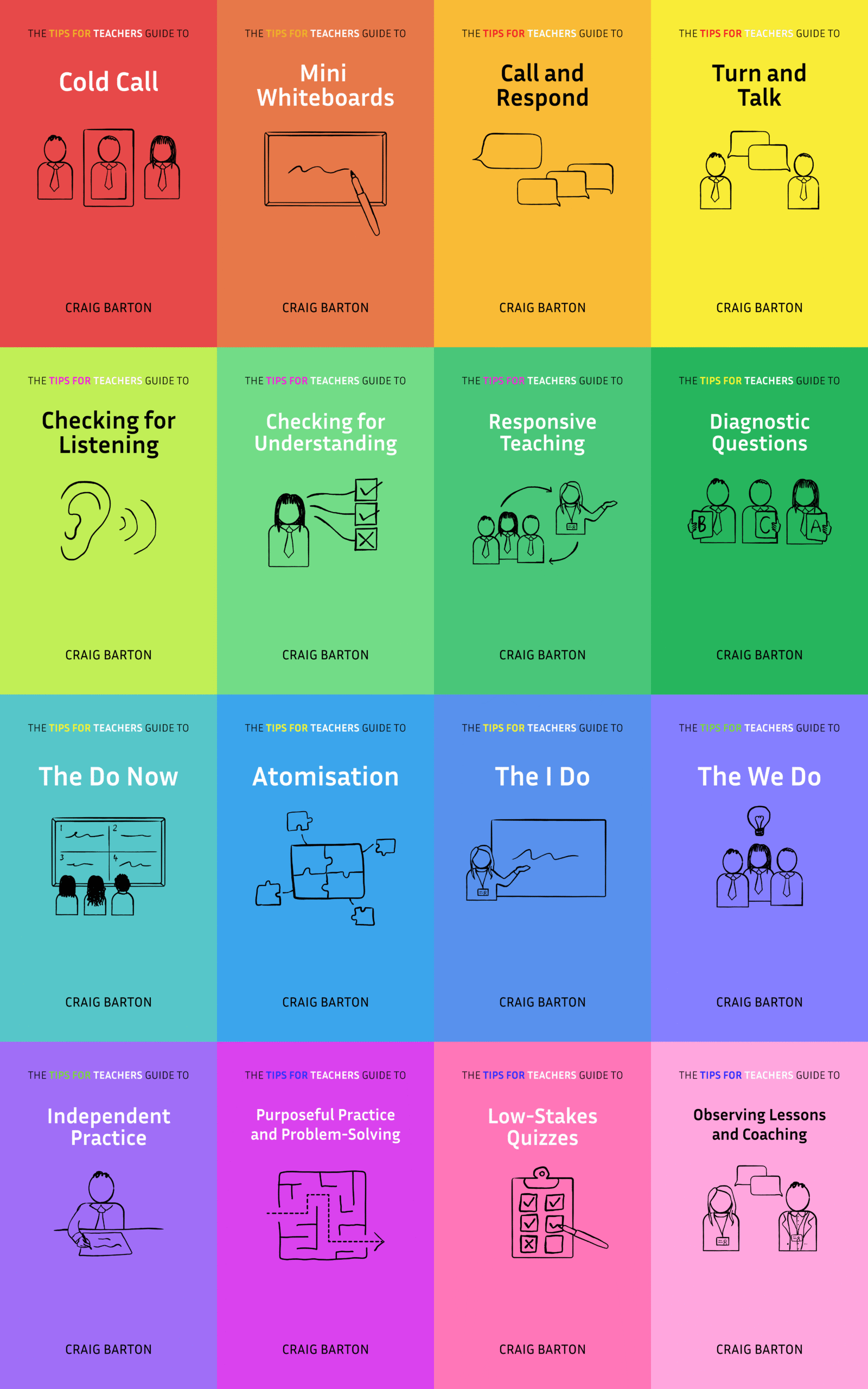Summary
This YouTube transcript discusses responsive teaching, emphasizing the crucial, yet often overlooked, “respond” aspect. Effective responsive teaching involves not only assessing student understanding (e.g., through questioning or mini-whiteboards) but also adapting instruction based on those assessments. The speakers highlight the challenges of incorporating responsiveness, particularly with pre-planned lessons, and offer strategies like pre-requisite knowledge checks and diagnostic questions to improve responsiveness. They advocate for flexibility in lesson planning to better meet student needs, while acknowledging the time constraints teachers often face. Ultimately, the discussion underscores the importance of adapting teaching methods to ensure student comprehension and success.
What are the implications for teachers?
Based on the sources, here are some implications for teachers regarding responsive teaching:
- Teachers need to focus on how they respond to assessments, not just on conducting them. It is important to adapt lessons based on assessment results.
- Teachers must be able to think quickly and adapt lessons on the fly. This involves being able to explain concepts in different ways, use different examples, and adjust to student misconceptions during a lesson.
- Pre-planned lessons may hinder teachers’ ability to respond to student needs. While centrally planned lessons can be useful for efficiency and support, teachers must have the autonomy to deviate from these plans and adjust to the specific needs of their students.
- Teachers must be confident in their ability to make in-the-moment changes to their lessons. Teachers must be able to abandon a lesson plan if they see that their students are not grasping the material.
- Teachers need to be aware of common student misconceptions and be prepared to address them. Diagnostic questions can help teachers understand the nature of student misunderstandings so they can respond more effectively.
- Responsive teaching can occur at different time scales. It can be during a lesson, between lessons, or over a longer period of time. Teachers need to reflect on student performance on tests and adapt their teaching strategies in the future.
- Teachers need to find ways to engage students who understand the material while they provide additional support to students who are struggling. This could involve giving advanced students challenging tasks while the teacher works with struggling students.
- Teachers should check for pre-requisite knowledge before starting a lesson to identify any gaps that need to be addressed. This can save time and prevent frustration later in the lesson.
- Teachers need to minimize interruptions for students who are working well while addressing the needs of those who require additional support. It can be frustrating for students who are understanding the material to have the lesson interrupted for the whole class.
- Teachers may need to try different teaching methods if the initial approach is not working. It may be useful to show different ways of doing things.
- Teachers require experience and expertise to effectively respond to student needs. Being responsive in teaching is the hardest part of teaching.
- Teachers should not be penalized for deviating from pre-planned lessons to address student needs. Leadership should allow teachers to adapt lessons to the needs of the students.









